Thank you for being here. Thank you for caring about life on earth, including our own.
THIS POST, without apology, is a recipe. I am maddened by white-collar folks who say proudly, “I don’t cook,” as if cooking debases a person’s intellect. Just last week a feminist whose newsletter I read promised no recipes. “I wouldn’t do that to you,” she wrote.
You wouldn’t?
Well, I would do it to you. For you, actually. Proudly.
Assumptions
In my snobbish thinking about non-cooks I assume a few things.
Someone is cooking for them, perhaps a partner.
Or they have the resources to hire a personal chef, bless them.
Or they are eating a lot of prepared and processed food, in which case they should think hard about their health.
They miss out on an enormous joy in life, the alchemy of a kitchen.
Yes, women have been and still are saddled with the unrelenting and enormous job of cooking for a family. I understand that women freed from the prison of a kitchen might never want to return.
Just This Week
The dairyman from whom we purchase milk these days is Mennonite. A few days ago we were trying to arrange an early-morning meeting with him. The hour we suggested wouldn’t work—he would be at breakfast, he said. He’s young and yet lives with his parents in a large household.
I imagined the dairyman’s breakfast, a traditional, sit-down meal for people who work hard; I thought of his mother and sisters, who would be cooking this meal. My feelings were complicated, including utter envy as I imagined the table—cinnamon rolls? eggs? sausages? biscuits? fruit? fresh flowers? a tablecloth?—and also sympathy for anyone preparing the meal who would have preferred to do something else.
By comparison, breakfast at my house is “on your own”—usually a bowl of plain yogurt (purchased) spiked with nuts, seeds, and fruit. We have sacrificed an elaborate breakfast so that we have more time for other endeavors.
My History
I almost didn’t learn to cook.
My mother, who loved most being with my dad as he went about the business of buying and selling, never enjoyed cooking. She learned to perfect a small repertoire of southern soul food, including fried chicken, rice and gravy, field peas, sautéed okra, and creamed corn. She rotated through her limited but delicious menu.
When I became a young teenager, my mother—in her distaste—refused to show me the way around a kitchen.
Luckily I knew how to read, and anyone who can read can cook.
Between dinner (what we called lunch in the south of Georgia) and supper (what we called dinner) I would sneak into the kitchen and make something. One of the first things I baked was peanut butter cookies. I got them mixed, onto a greased cookie sheet, and into an oven set at 350 degrees. Now I would have 12 minutes to relax.
My two brothers were out back, throwing a basketball against a hoop tacked to a utility pole. I ran out to join them.
When I remembered the cookies, they were black pucks, unsalvageable.
Somehow I persevered.
I love food. I love the kitchen. I love trying new recipes. I love feeding people. I love eating. Here at Red Earth Farm in southern Georgia, we attempt to live a land-based life and we produce a lot of good things to eat.
This spring the mulberry trees were loaded. I wrote about that last week.
Be Impressive
The recipe I am about to give you is a fine dessert that will make you look like a pastry chef. Because we’re early in the growing season in North America, for the next few months many kinds of soft and delicious fruit will be ripening. You can use any of it for this dessert.
I decided to try a Mulberry Pavlova.
A Pavlova is a dessert that originated in Australia (New Zealand disputes that) in honor of the Russian ballerina Anna Pavlova. I think of it as layered like trifle, with a meringue crust, then whipped cream, topped with fresh fruit.
Pavlova was a great choice because our hens are laying prodigious amounts of eggs—sometimes we have 25 dozen eggs sitting on the counter begging to be used. The meringue would need 8.
I’m going to be honest. I still have to work at cooking. I made the meringue three times before I succeeded. The first two times it came out more like soggy, sticky, and thin angel food cake. Those didn’t get wasted, but they didn’t become pavlova either.
Finally I succeeded.
The recipe I used comes from Nancy Vienneau’s truly wonderful and highly recommended cookbook, Third Thursday Community Potluck Cookbook. Nancy is from Nashville, where she hosted these famous potlucks, and my copy of the book was a gift from beloved Nashville friend, the folksinger Maureen May.
In the book the recipe is Gigi’s Pavlova, and the fruit used is passionfruit. Substitute anything soft, ripe, and delicious.
The Story of the Kiwi Pavlova
Last fall another friend invited me to his hunting lodge on the Altamaha River. I went down for a night. I figured I would be the lady poet in for an evening, met by portly men oiling their Parker shotguns. Instead, I was met by a fascinating group of fabulously interesting people, including two women who live in Alaska.
A month later I was returning from our village feeling the many holes in my life. A delivery person had left a small box by one of the red gates at the end of the driveway. The box said PERISHABLE. I drove beside it and opened the car door, and I could barely lift the box it was so heavy. I had no idea what might possibly be in it.
I got Little Fawn into the house and, holding her, I opened the box. That moment of opening the cardboard flaps was incredible, because a box of perfect kiwis was the last thing I expected.
One of the hunting guests and now my friend grew them at his home in Alabama. In 2024 he harvested over 80 pounds, he wrote, and wanted to share the bounty. He was at a loss of what to do with all those kiwis.
I picked the softest one and ate it immediately. Then I sent him the pavlova recipe.
Here was his first attempt.
At Christmas he made another.
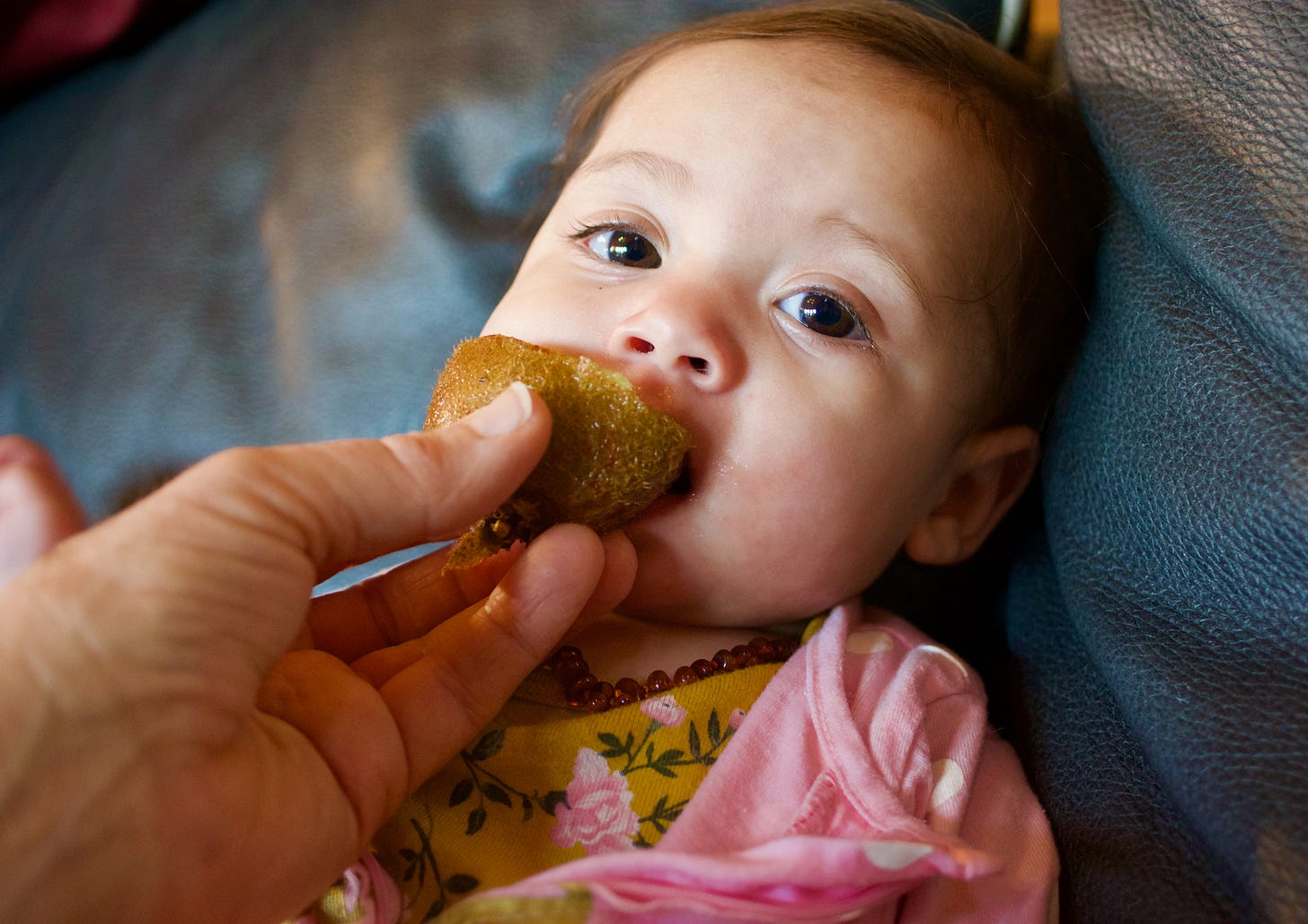
In Case You Weren’t Convinced
Now, the Recipe
And you’re welcome.
Why Cooking is Good for the Earth
You can support local farmers, organic farmers, grass ranchers.
You can help rebuild your local economy.
You can reduce food packaging, including plastics.
You can minimize food waste.
You can use less energy for cooking.
You can enjoy greater health for yourself and your family.
You can use less fossil fuel going out to eat or calling in the door-dashers.
Bon Appetit. Buen Provecho. Guten Appetit. Kali Orexi.
A Few Opportunities
1.
Southern Literary Review is Looking for Book Reviewers
If you’re a writer, please note. Donna Meredith, editor, emailed on May 4 to say that she needs book reviewers for the Southern Literary Review. The list currently contains 15 novels and 1 nonfiction title. If you can find time to read and possibly review one of the books, please let Donna know and she will connect you with a publisher, publicist, or author to receive a copy. SLR welcome reviews and/or author interviews. There are no particular length requirements or deadlines, and you are not obligated to review a book after receiving it if you find it is not to your taste. Nor do you have to live in the south to review a book. Donna may be reached at meredithds@comcast.net.
2.
You’ll Be Glad to Hear News on the Place Book
I am working my way now through the galley of my next book, Journey in Place, making edits. This is the one that got compiled in our Journey in Place course here on Trackless Wild all during 2024. I will have the book edited and corrected within a couple of weeks, and it should get off to the printer soon after that.
3.
Take a Memoir Course With Me This Summer Over Zoom
Starting in June I’ll be teaching a memoir course for writers of all levels. I love people’s stories and memoir really sets me on fire. We’ll meet for 12 weeks June 4 to August 20 Live via Zoom on Wednesdays from 11 am-12 noon Eastern US/Canada Time for one hour, with additional quiet co-working sessions. Eighteen people have signed up so far. I’m hoping that we create some writing teams out of the group.
We’ll cover—Find the Story. What to Leave Out. What to Put In. Make Your Writing Come Alive. Pinpoint Theme & Mission. Outline It. Truth & Ethics: Nobody Gets Hurt. Honesty & Vulnerability. How to Protect Yourself. Research & Interview. Navigate Emotions. Place. Setting. Revise Revise Revise. How to Use AI. Get Published. Gather In Readers.
Your investment is— $300 + an hour in session each week + at least 1 additional hour at your desk + a sincere desire to get your stories down on paper + a receipt to file with taxes if you have writing income.
You can save $67— Paid subscribers of Trackless Wild receive a coupon code good for $100 off the memoir course. An annual subscription is $33.
4.
If You’re in the Savannah, Georgia Area and Love Art
I’m putting in a quick plug in for SLAM—Savannah Local Artist Market—happening this Saturday, May 17. My partner Raven Waters will be there. I’m telling you this because all 11x14 paintings are half the regular price PLUS I know a secret code that will get you as much as $100 off an original oil painting. You can find it too at Raven’s Substack, out today, The Artsharps.
5.
If You’re in the Atlanta Area, a Nature Journaling Workshop for Trees Atlanta on May 17
Tom Howick let me know that he’s teaching a Nature Journaling workshop for Trees Atlanta on May 17, similar to the ones he has done over the past 20 years with Master Naturalist classes at the Chattahoochee Nature Center and teachers at environmental education conferences. He uses a similar format as Clare Walker Leslie, but plans to incorporate more free-writing time. Here’s where you sign up if you’re near Atlanta. The cost is $25 and goes to a great cause.
5.
Michaud Available for Presentation Design & Online Events
If you need help designing a presentation, I highly recommend Rachel Michaud. What Rachel offers is much more than "making slides." She takes ideas or outlines and builds out the visuals that inspire, inform, and engage. She creates decks that are easy to follow and intuitive to understand. I would, as well, engage Rachel for any facilitation needed for online workshops, meetings, and other events that you are leading. I’ve been working with Rachel as a professional online facilitator for a few years now, and if you’ve taken workshops with me, likely you’re met or seen her online. Contact her at rmichaud@gmail.com. This is not paid marketing. I’m telling you this as a friend.




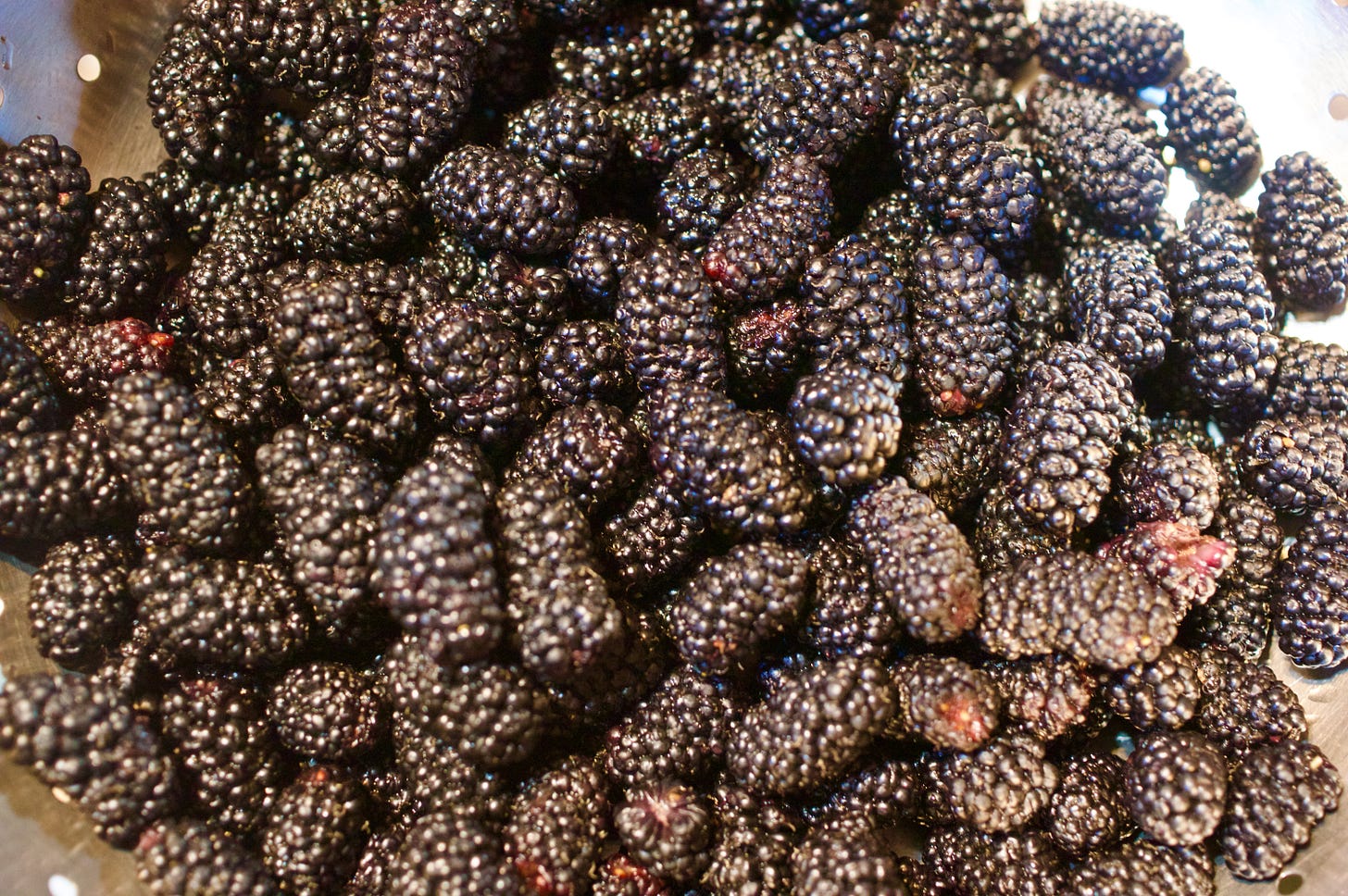
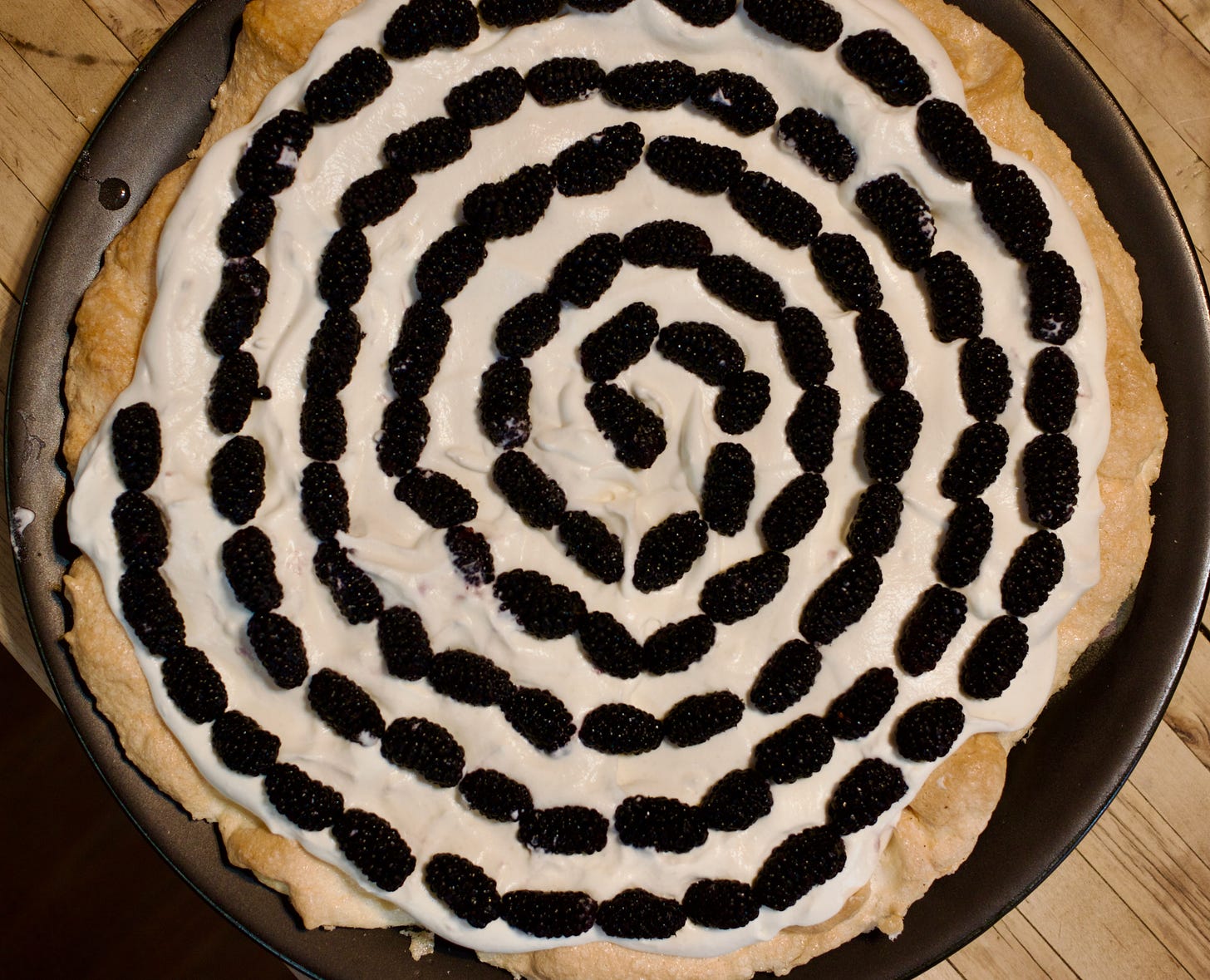
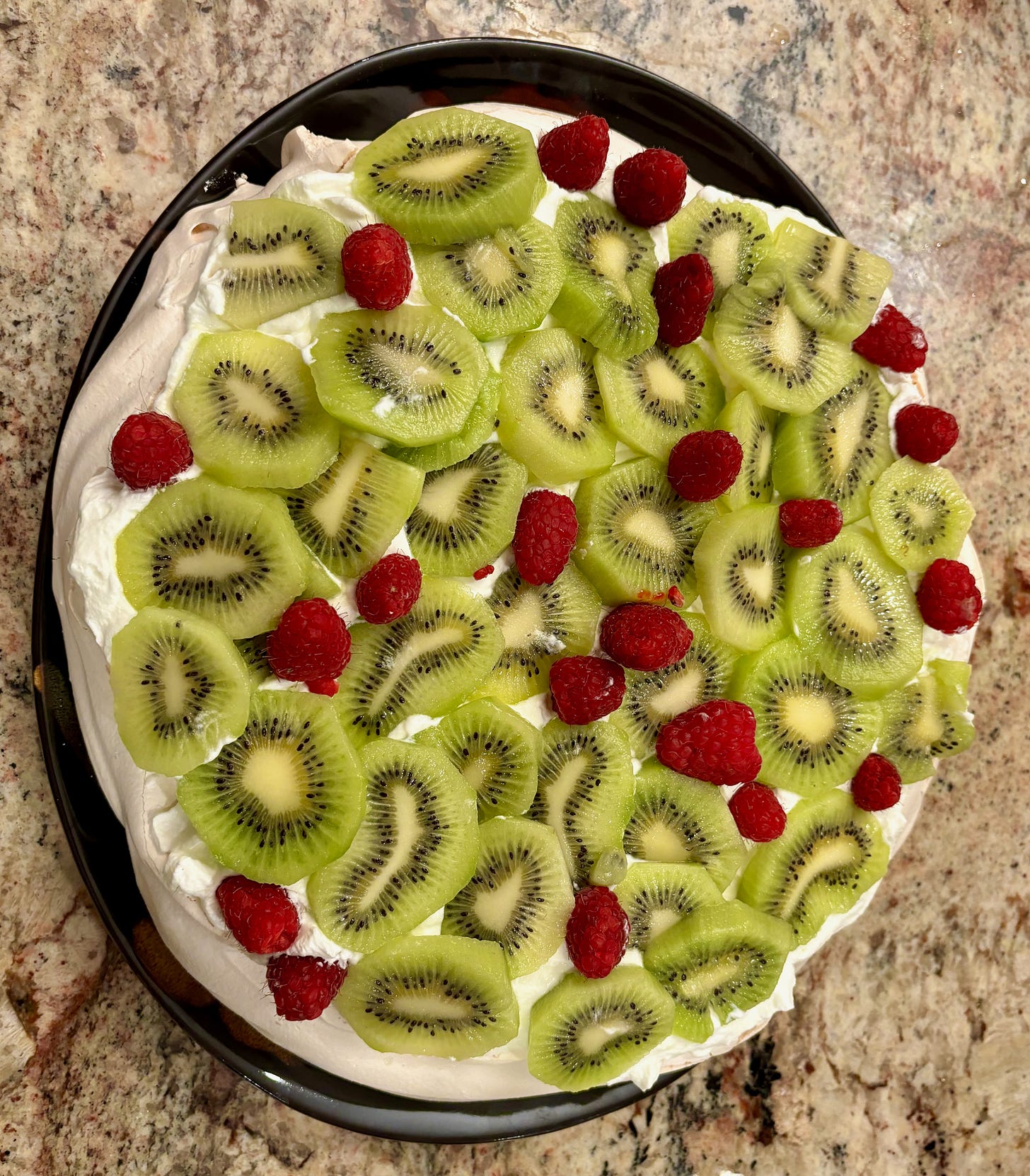
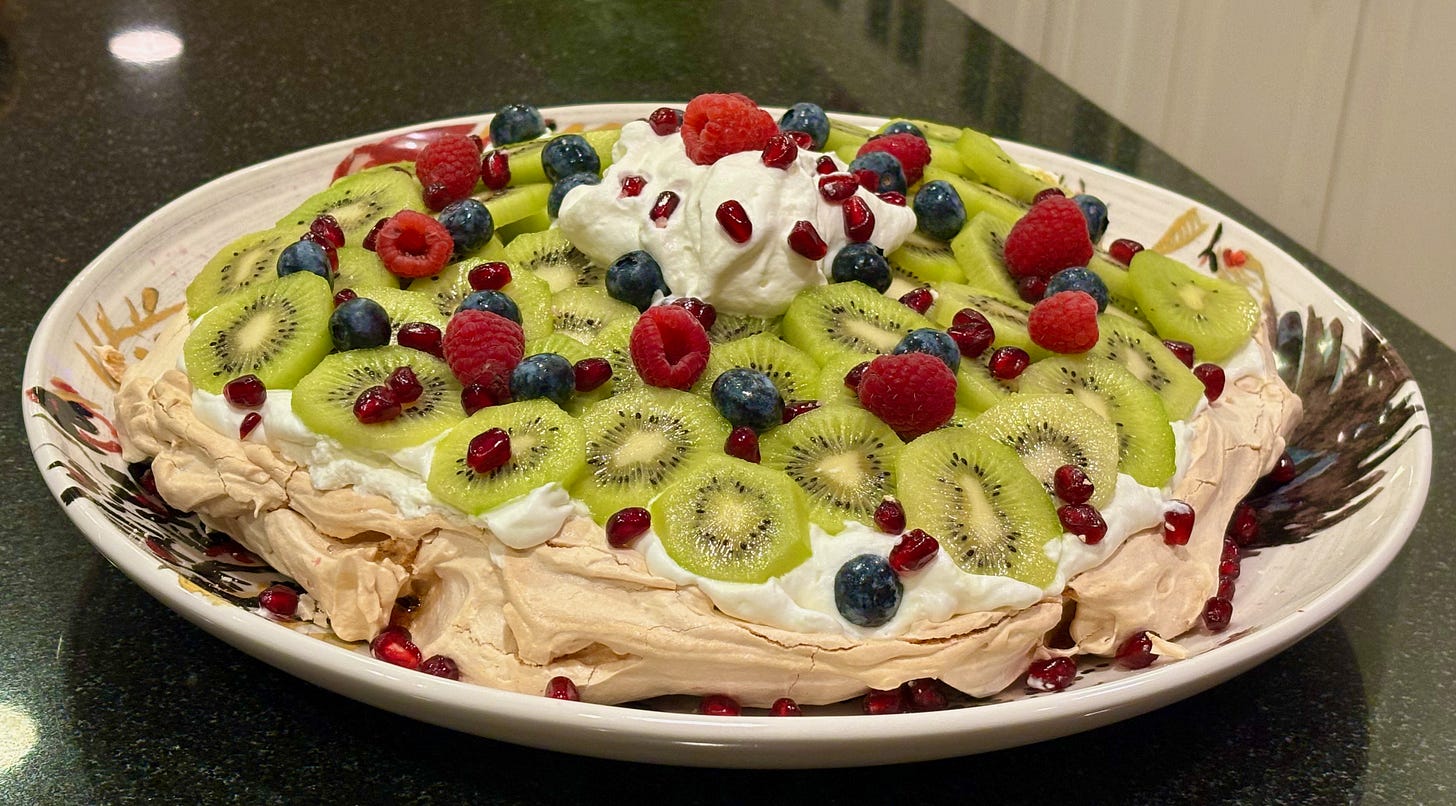

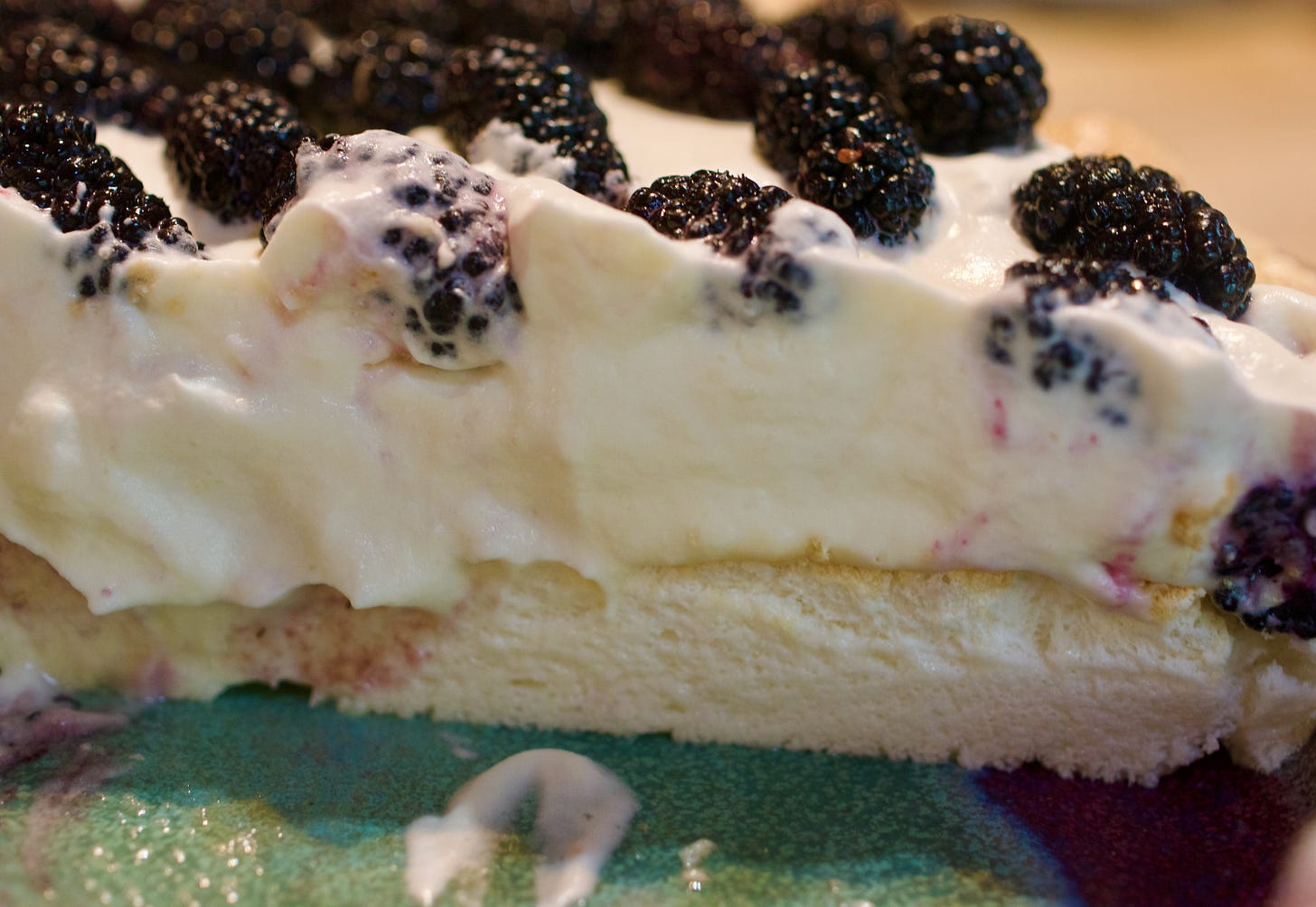
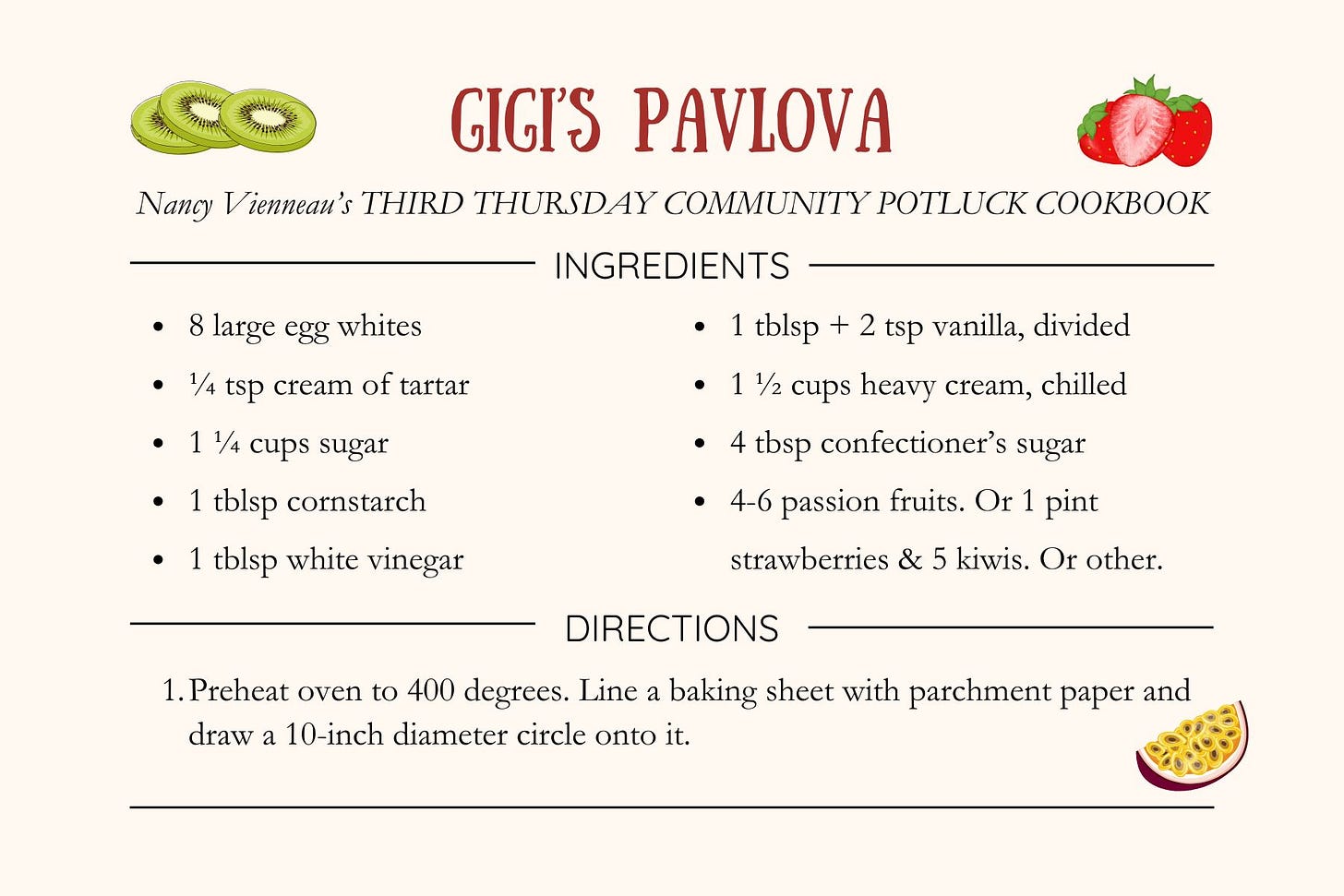

Hi Janisse! I love this! Recently, I've seen a lot of posts on social media from 'trad-wife' and feminist content creators about whether they cook or not. It's so annoying that, once again, social media has found a way to pin women against each other.
I always think in the extremes. If there is a zombie apocalypse and you can only grab some essentials, would you eat them plain? What would you do if you only got eggs and didn't know how to cook? Everyone should know how to cook a bit; it's a fundamental survival skill.
Anyway, I love that this has also been spinning about in your head.
After resisting all things coded "female" as a child (cooking, cleaning, etc), I grew up into a kitchen witchy woman. I love gardening, cooking, and baking. I'm vegan now, and sober, so I love finding ways to veganize recipes and soberfy drinks! Thanks for your affirming essay today, Janisse!